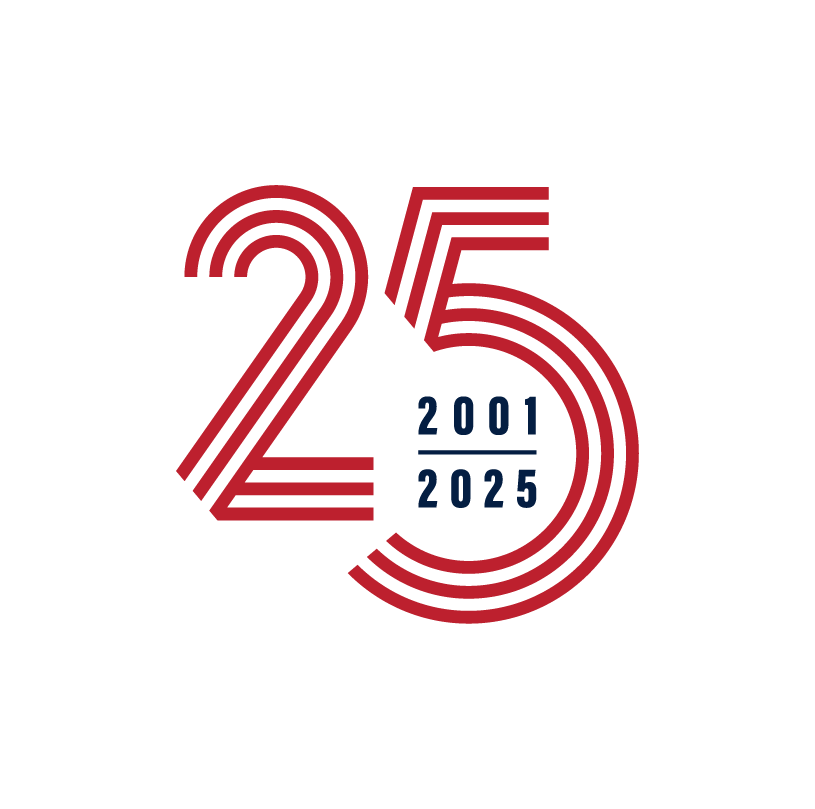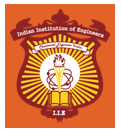Professional Conduct
Overview
The Indian Institution of Engineers (IIE) upholds the highest standards of integrity, professionalism, and ethical responsibility among its members. As part of its mission to advance engineering excellence, IIE has established comprehensive Guidelines for Professional Ethics and Conduct to guide engineers in their professional, academic, and societal roles.
These guidelines are designed to ensure that every engineer affiliated with IIE conducts their duties with honesty, fairness, respect, and accountability, while contributing to the welfare of society and the progress of the engineering profession.
Information For:
- Home
- Examination
- Public Notice
- Application Status
- Apply Membership Online
- RTI Information & Reply
- Awards
- Become Student's Chapter
- Online Verification
- Placement Service
- Alumni Association
- Approval & Recognition
- AMIIE(B.Tech./B.E.)
- DIPIIE-DMIIE-TMIIE(Diploma)
- List of Student's Chapter
- Certifications
- Circular/Notice/Tender
- Hall Ticket
- Examination Result
- Vacancy & Career
- Global Linkage
- Downloads
Purpose of the Guidelines
The Professional Ethics and Conduct Guidelines aim to:
Promote ethical behavior and professional accountability among engineers.
Strengthen public trust in the engineering profession.
Provide a clear framework for responsible decision-making and professional judgment.
Encourage engineers to adhere to the core values of transparency, safety, and sustainability.
Establish a foundation for disciplinary actions in case of violations or misconduct.
Core Ethical Principles
Every IIE member and engineer is expected to abide by the following ethical principles:
Integrity and Honesty
Engineers shall act with the highest level of integrity in all professional dealings.
Misrepresentation, falsification of data, or misuse of authority is strictly prohibited.
Competence and Professional Development
Members shall perform services only in areas of their competence.
Engineers should continuously upgrade their knowledge and skills through training, research, and lifelong learning.
Public Safety and Welfare
The safety, health, and welfare of the public must be the primary concern in all engineering activities.
Engineers should report any conditions that may endanger people or the environment.
Confidentiality and Intellectual Property
Respect for confidential information and intellectual property rights must be maintained.
Engineers shall not misuse proprietary data or plagiarize others’ work.
Fairness and Non-Discrimination
Engineers shall act fairly and respectfully toward colleagues, clients, and the public, without discrimination.
Equal opportunity, diversity, and inclusion should be integral to professional practice.
Accountability and Transparency
Members shall be responsible for their professional actions and decisions.
All activities should be transparent and compliant with institutional and legal frameworks.
Environmental and Social Responsibility
Engineers should promote sustainable development and minimize environmental harm.
Ethical engineering must contribute positively to society’s advancement.
Application of the Code
These ethical standards apply to all categories of IIE membership — including Student Members, Associate Members (AMIIE), Corporate Members, and Fellows.
Compliance with these guidelines is a condition of membership, and violations may result in disciplinary review or revocation of membership privileges.
Professional Ethics Committee
The IIE Professional Ethics Committee is responsible for:
Reviewing reported ethical concerns or complaints.
Conducting investigations into professional misconduct.
Recommending corrective or disciplinary measures.
Promoting awareness of ethical engineering practices through training and publications.
Commitment to Ethical Excellence
The Indian Institution of Engineers believes that engineering is not just a profession, but a public trust. By adhering to these ethical guidelines, members demonstrate their commitment to technical excellence, social responsibility, and moral integrity, upholding the dignity and honor of the engineering community.

